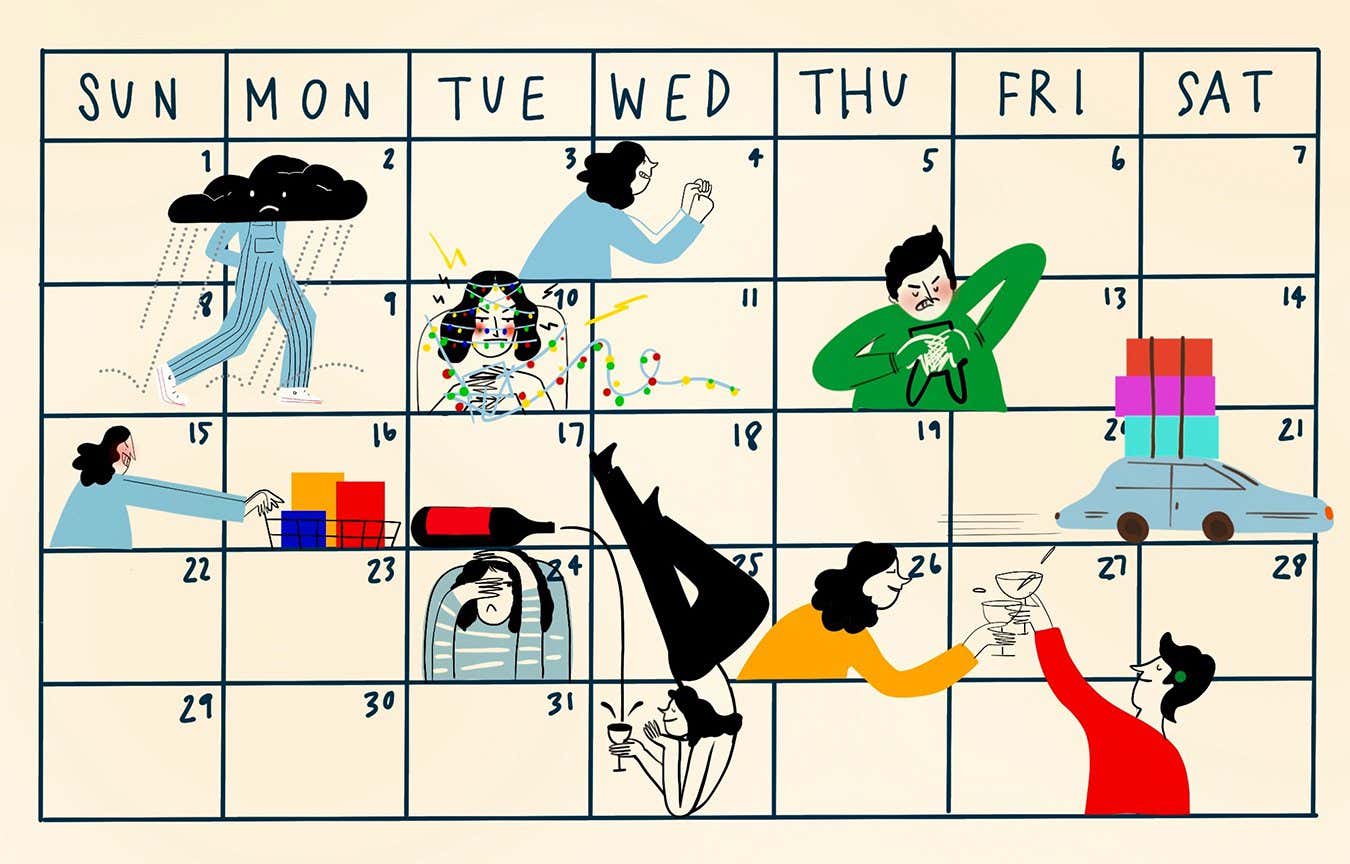The Railways (Amendment) Bill, 2024, introduced in the Lok Sabha this August, proposes to repeal the Indian Railway (IR) Board Act, 1905, and incorporate its provisions into the Railways Act, 1989. At its core, the Bill retains Indian Railways’ existing organisational structure and does not specifically attempt to address measures for improving its functioning. The amendment aims to streamline the legal framework by eliminating the need to refer to two separate laws, a seemingly sensible approach but without any great practical impact.
The Bill also grants the government the authority to determine the number of board members and set qualifications, terms, and appointment procedures for the chairman and members. Yet, this largely formalises existing practices, exercised with great fanfare while launching Indian Railways Management Service, the botched attempt at cadre unification. Whether it diminishes the role of the Department of Personnel and Training (DoPT) and the Appointments Committee of the Cabinet (ACC) remains unclear.
While the Bill’s explicit changes appear administrative, the news items in the media touched on far-reaching issues: corporatisation, independent regulation, autonomy for railway zones, improving finances through revised accounting methods, rationalised passenger fares, an expanded freight basket, privatisation and public-private partnerships. This was perhaps based on the debate in Parliament which went into issues which did not directly emanate from the Bill itself. Be that as it may, these issues do merit a discussion.
Persistent reform gap
Key measures proposed by expert committees over the years include corporatisation, restructuring the Railway Board to reflect a corporate business model, limiting its role to policymaking, and granting zones full financial and operational autonomy. This autonomy would empower zones to independently manage budgets, infrastructure projects, and recruitment. While these objectives are commendable and aimed at boosting efficiency, the ministry has historically shown little enthusiasm. The Railway Board has functioned more as a super-executive body than a policymaker, and the entrenched bureaucracy within the ministry shows no inclination to relinquish its hold.
A notable exception was during Suresh Prabhu’s tenure as Railway Minister, when significant financial autonomy was delegated to zonal levels. This empowerment enabled projects like Train 18/Vande Bharat, executed in record time at the Integral Coach Factory, Chennai. Unfortunately, this momentum has not been sustained. Corporatising railway production units remains another missed opportunity. Global trends show that quality manufacturing thrives under corporate frameworks, driven by operational freedom and cost-consciousness. A 2019 action plan proposed corporatisation but floundered, seemingly under union pressure.
The establishment of an independent regulator — a recommendation repeatedly floated — raises questions. This body could, in theory, address tariff rationalisation, safety monitoring, competition, and consumer protection. The promise of enhanced consumer protection could offer relief beyond what is currently available through consumer courts. Yet, the feasibility of delegating passenger tariff-setting to an autonomous entity seems dubious, given political sensitivities. Freight tariff regulation, critical for attracting private players, also faces resistance, as the Railways relies heavily on cross-subsidising passenger services through freight revenues.
In any case, the broader themes of privatisation and competition remain political hot potatoes.
IR’s dual mandate — to function as a commercial entity while fulfilling social obligations — often serves as a smokescreen for inefficiency. A clear separation of its commercial and social roles is overdue. Subsidised passenger fares shared by Central, State, and municipal governments, alongside market-driven freight tariffs, could offer a more sustainable model. Yet, the Bill sidesteps this critical issue.
Even if the Bill indirectly aims to touch on broader reforms, its potential would remain unrealised without decisive political will. For the Railways, real reform demands more than tinkering at the edges. Whether the government is prepared to tackle entrenched bureaucratic inertia and political sensitivities remains the pressing question. Until then, the Railways (Amendment) Bill, 2024, might remain just another station on the track to nowhere.
The writer is Retd. General Manager, Indian Railways, Leader of Train 18/Vande Bharat project and independent rail consultant








Leave a Comment